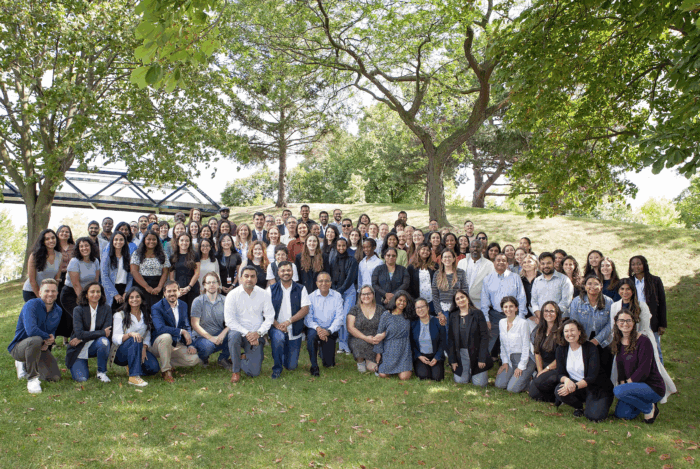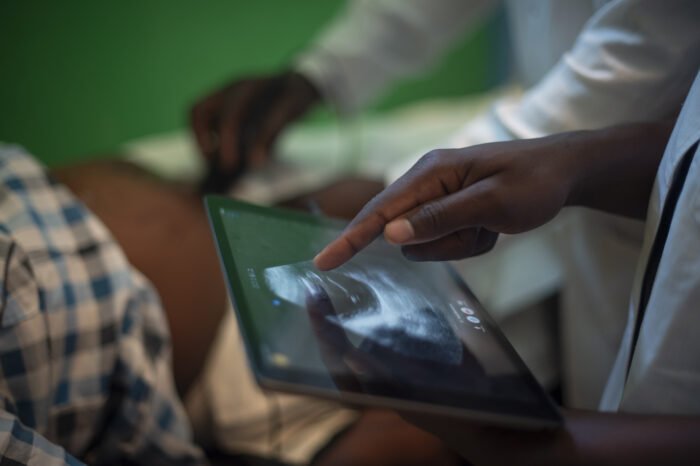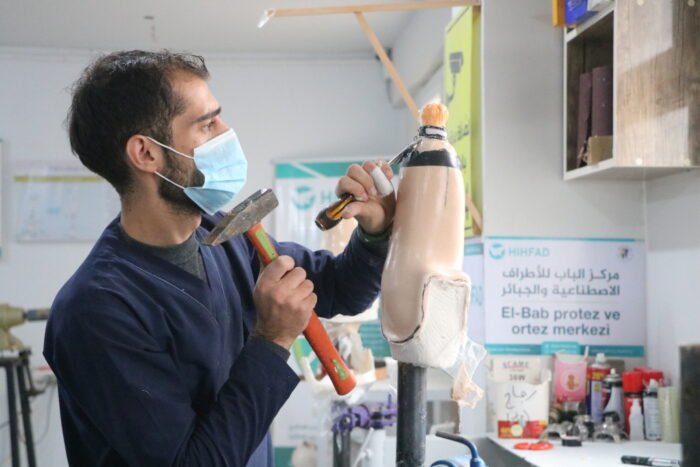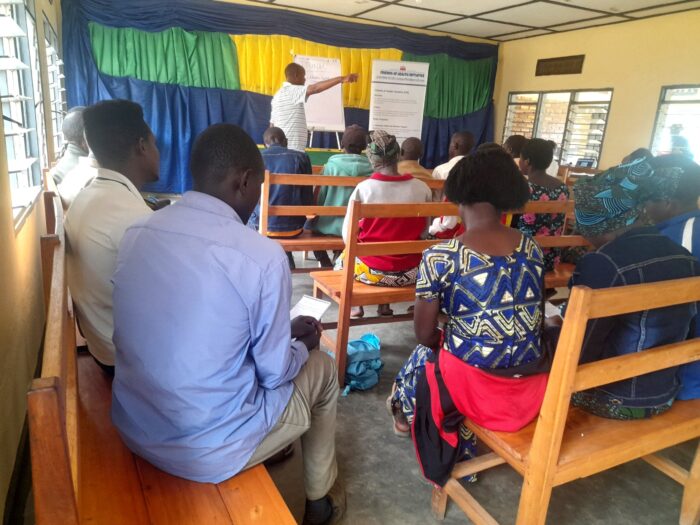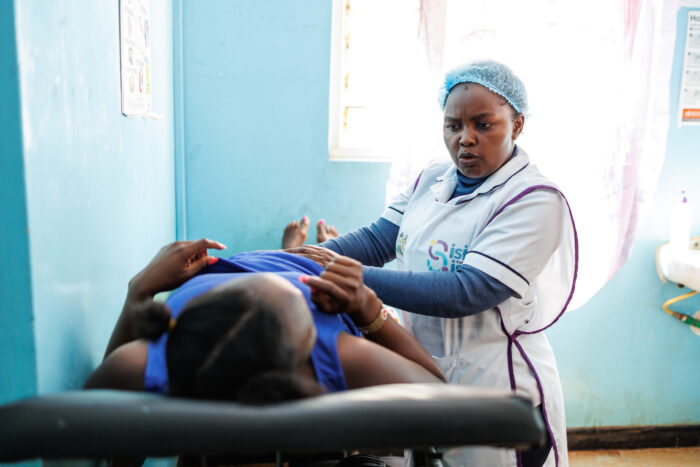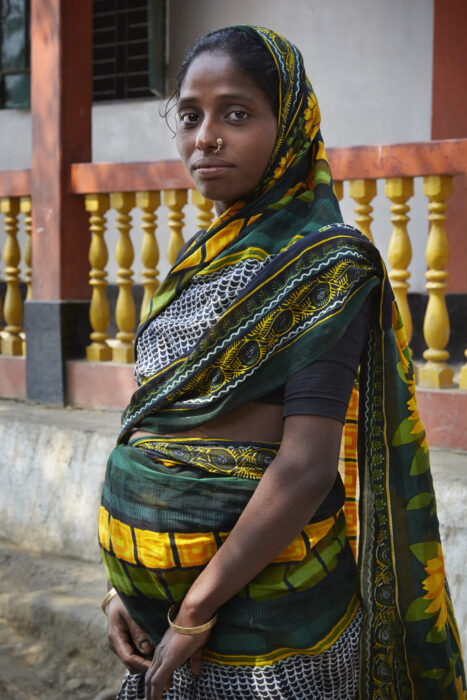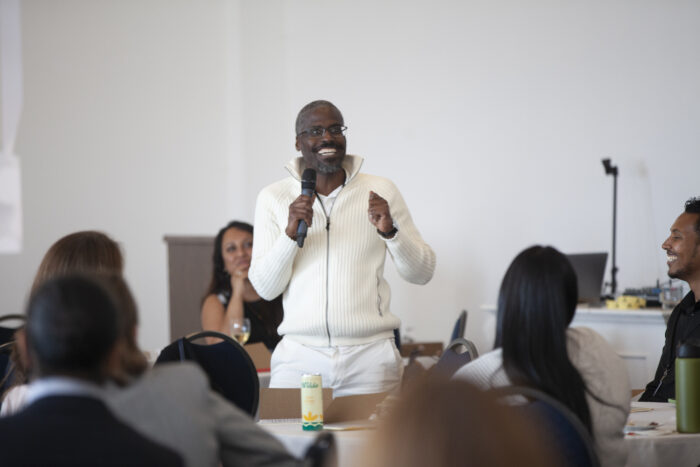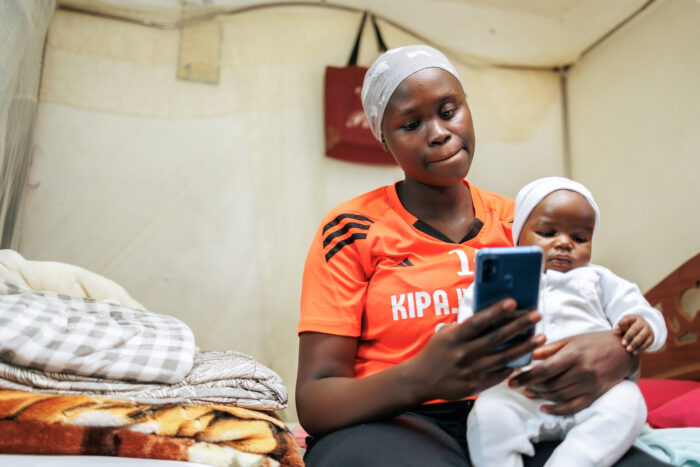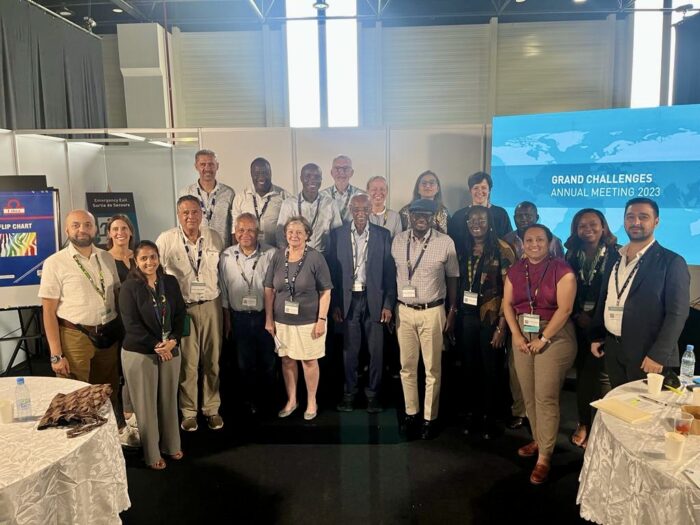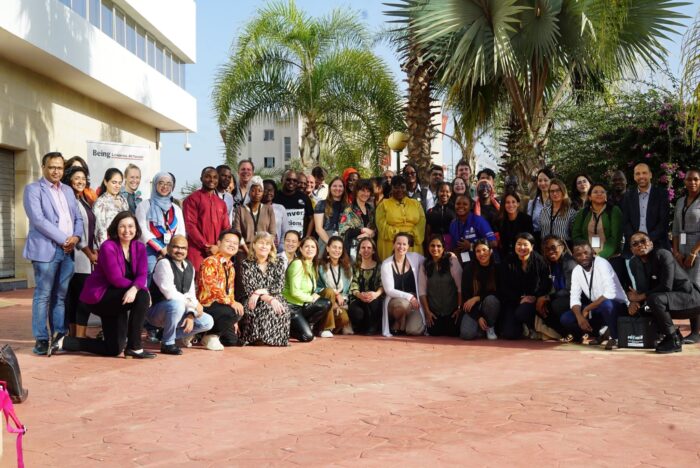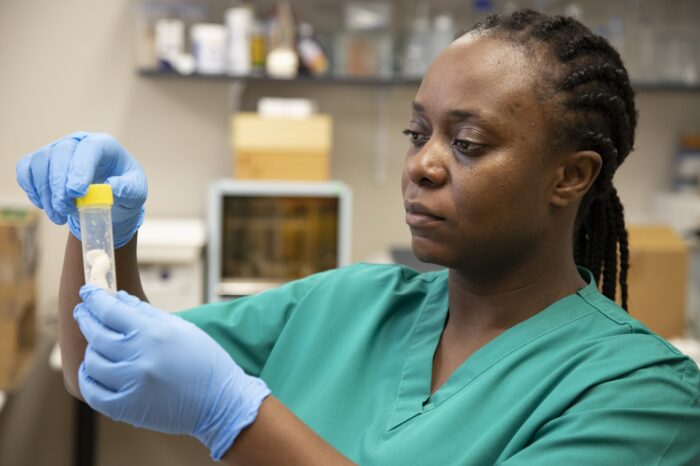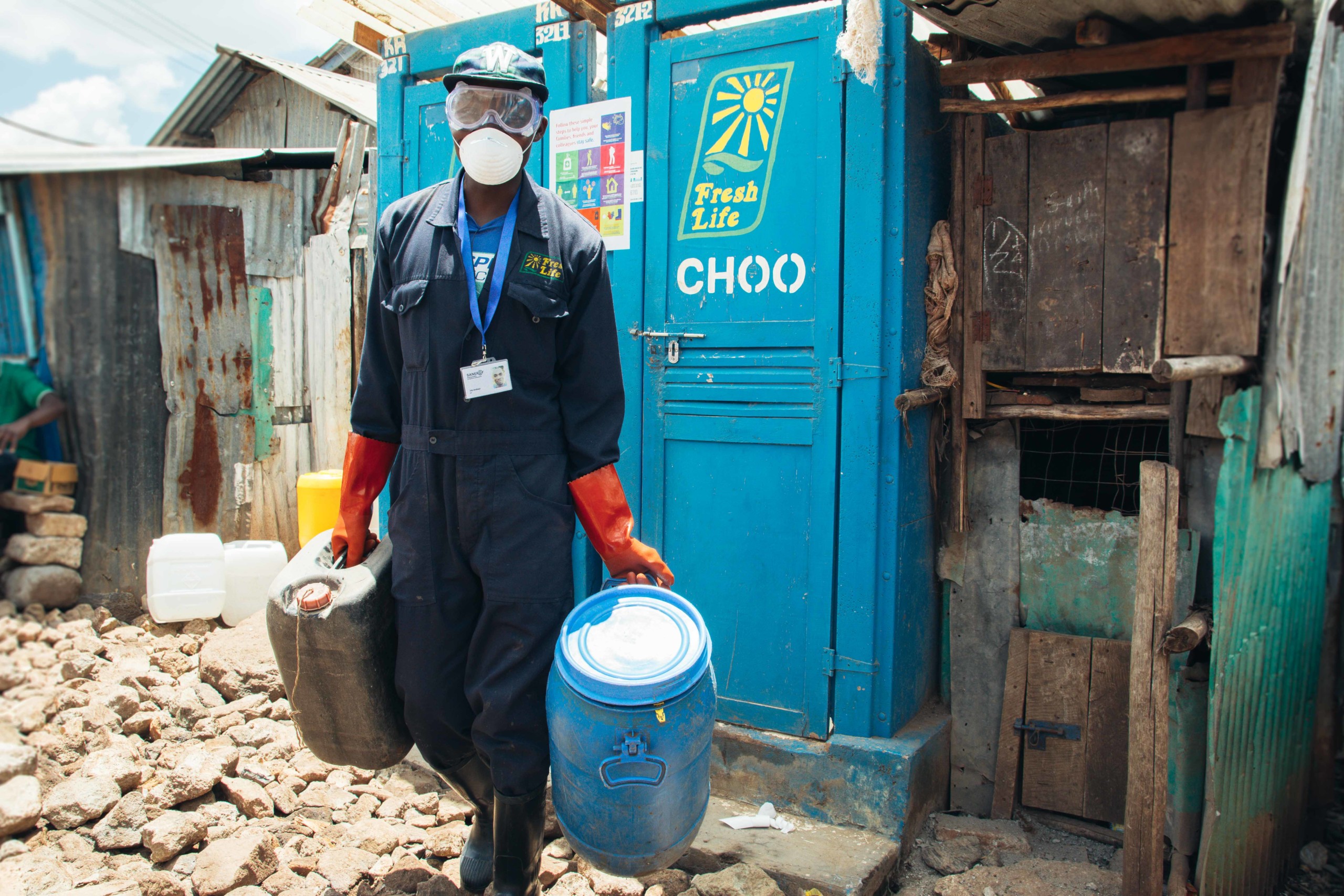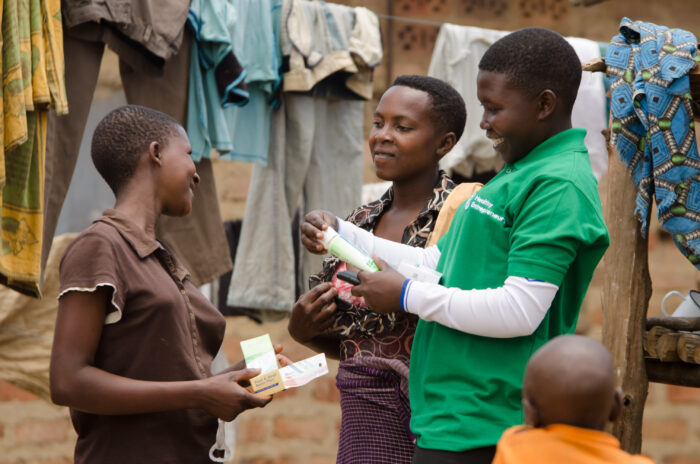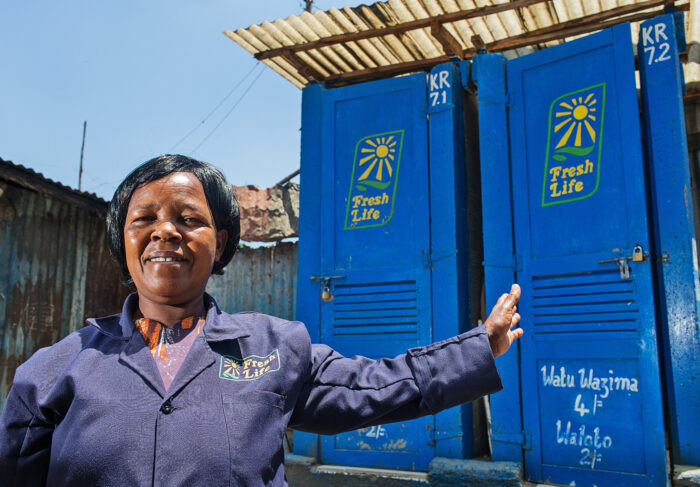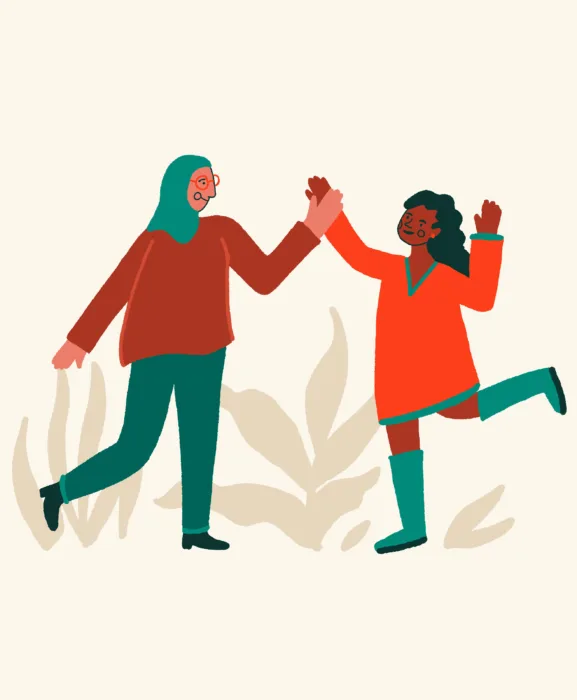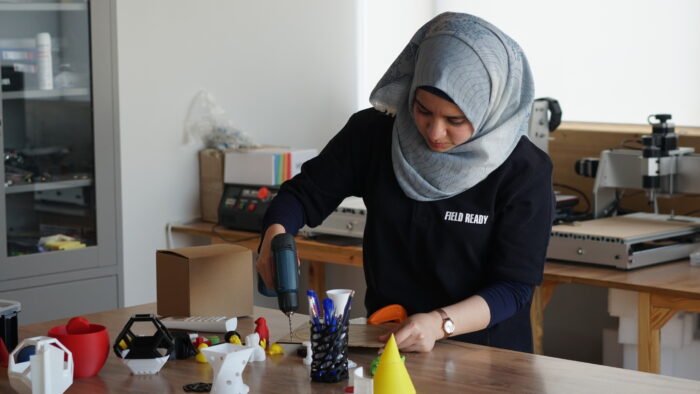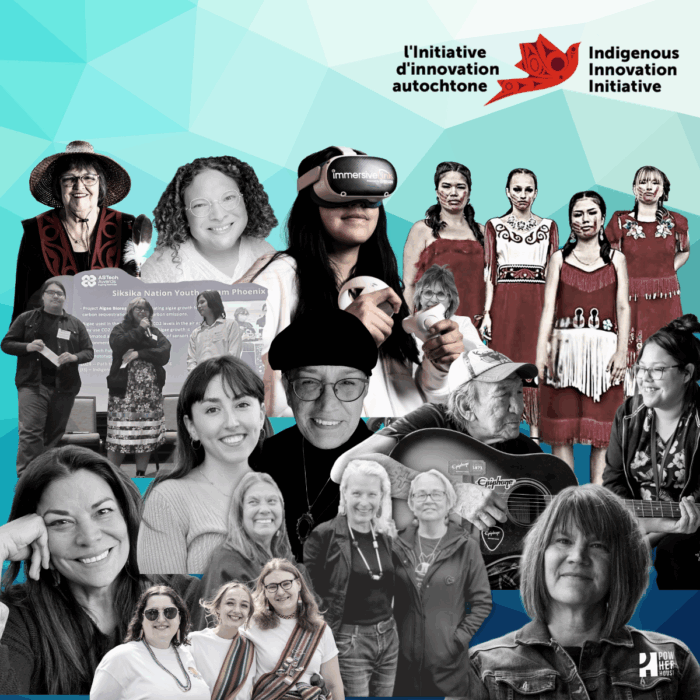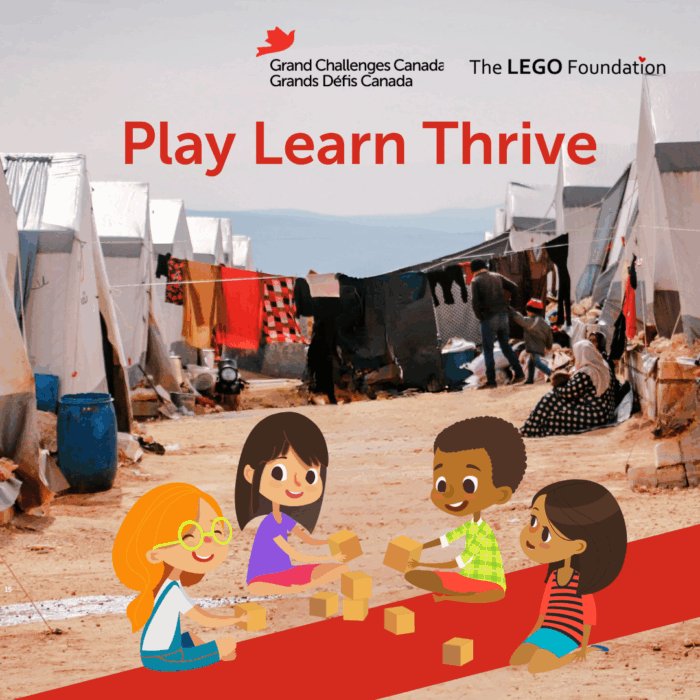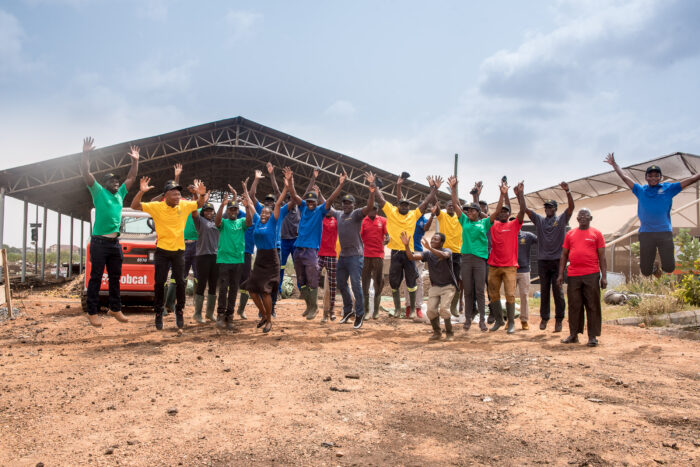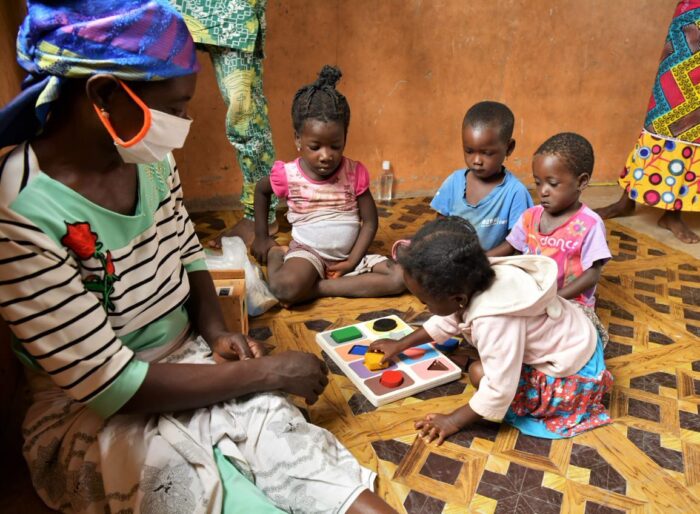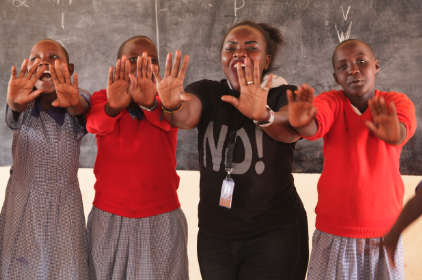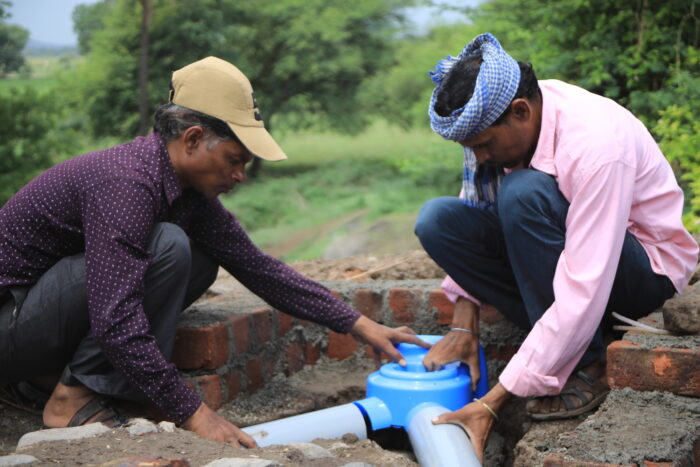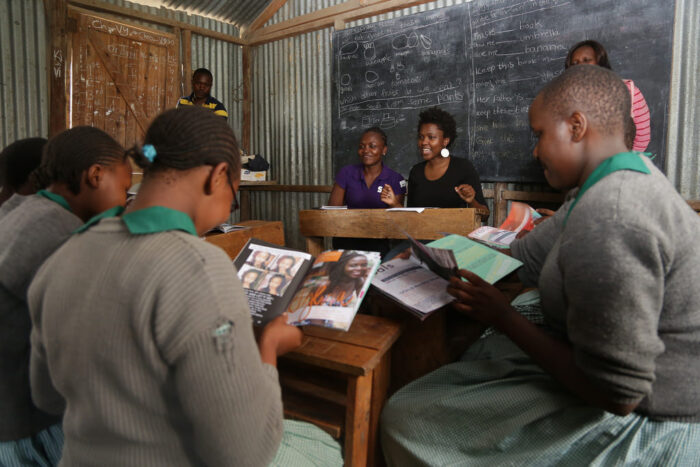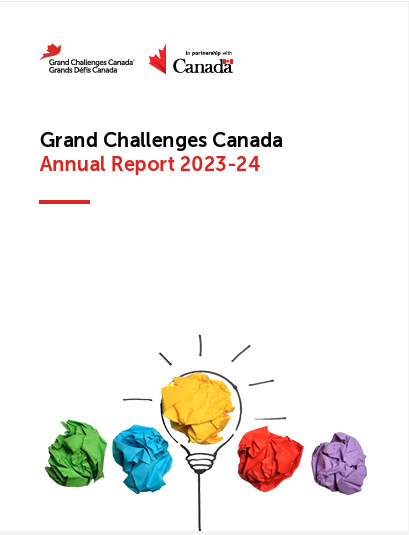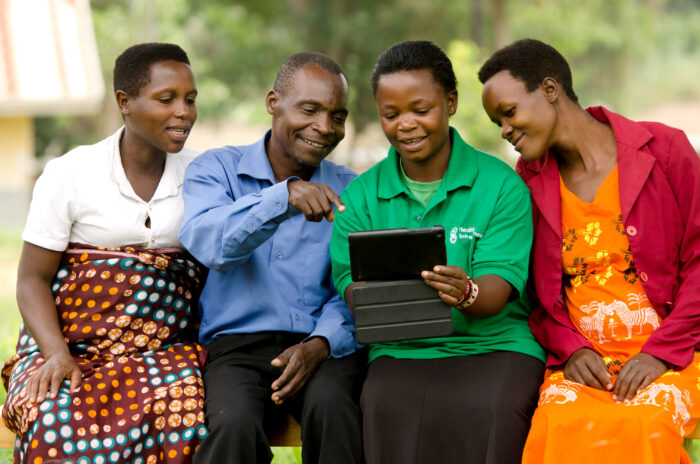On March 8, International Women’s Day, Grand Challenges Canada features women innovators who are helping other women to overcome the struggles and issues they face.
Vandana Gopikumar is the co-founder and Managing trustee of The Banyan. Lakshmi Narasimhan is Research Associate with The Banyan. Both of them lead a project under Grand Challenges Canada’s Global Mental Health program that offers alternative living spaces in urban and rural communities for women living with moderate-to-severe mental disorders and intellectual disability, who otherwise face homelessness or long term institutionalization. In this blog, Vandana and Lakshmi recount the stories of two women who are benefiting from the unique support provided by this innovation.
Suhasini (*) remembers the first time she experienced what she calls ‘losing her mind’. It was the end of the Summer in Rajasthan, India. At that time, Suhasini was living with her husband, mother-in-law and children at the officer’s quarters in the air force station. An ‘aandhi’ (that’s Hindi for squally dust storm), was raging over the area. The howling, billowing winds outside mirrored the pain within her, finally unleashed, unable to be borne any more. For years, her aspirations were systematically crushed by an abusive spouse and mother-in-law. Her desire to educate her daughters was mocked for its perceived insolence. Broken and ill, Suhasini navigated through several hospitals and doctors before finally being abandoned in Chennai. In that city, she came in contact with Transit Care Centre, a multi-disciplinary institutional service run by The Banyan, a not-for-profit based in India. Yet, her recovery at this facility was marked by increasing uncertainty over where she would head next. Unable to trace her family, yet unsure of taking the plunge to live independently in the community due to her age, she often pondered her prospects.
Unlike Suhasini, not much is known of Saroja’s (*) past. The past ten years of her life were spent in the throes of paranoid schizophrenia at the same Transit Care Centre. Persistent efforts by the clinical team to aid her recovery over the past decade concluded in little or no change. Her life was reduced to sitting in a corner of the facility, spitting repetitively, living in fear of bodily contamination, muttering to herself, and being completely disinterested in personal care or social relationships. With no gains in her recovery, and unable to trace her family, the team at The Banyan found itself looking for options to secure her long-term care needs.

Homelessness and mental ill-health combined represent a complex set of issues that require equally complex responses. From our experience of running the Transit facility, we believe that hospital beds serve the need for acute care and can enable recovery, with user-centred ethos and values. However, different people need different solutions and there’s a wide variety of choices to be made on the road to recovery. A majority of homeless women with mental illness who access The Banyan’s Transit Care Centre eventually make the choice to return to their families or communities of origin, and are facilitated in their efforts to reintegrate. For some, like Suhasini and Saroja, this is not a feasible option. Sometimes, families are resistant to welcoming these women back; at other times, families cannot be traced. Yet another group of women choose not to return to their families. In our twenty years of running the transitory facility for recovery, we found that approximately 10% of women do not exit the facility. This situation is more urgent in other places, such as state mental hospitals, which more often than not serve as the only facilities open to homeless people with mental illness: 38% of people living in these institutions are estimated to stay there for one year or more (Mental Health Atlas 2011, World Health Organization).
With the support of Grand Challenges Canada, The Banyan started to offer shared housing, as a response to the needs of women experiencing long-term care needs. The Banyan was successful in creating independent living arrangements, wherein a group of women share rent and other responsibilities in a home. They extended that same concept to include supportive service elements, such as onsite staff and intensive case management that may be necessary for women like Saroja, with higher clinical needs, or Suhasini, with continued social care needs.

Home Again, a housing intervention with supportive services, is envisioned as a cost-effective and sustainable option for addressing long-term care in mental health. The intervention aims to provide pathways for rehabilitation of people in institutional spaces, improve their quality of life, mental health outcomes and community functioning, while promoting human rights. These homes are spread across rural villages and in urban areas, in the vicinity of The Banyan’s other services. Women live there as part of an affinity group (a formed family). Some of them have their children around, who attend nearby schools and play with other children in the neighbourhood. Recreating a family environment, offering each other support and friendship in solidarity, stability and peer support encourages them to further their pursuits, however big or small. Going to work, talking to neighbours, transacting with local vendors, decorating their homes, regular visits to places of leisure and worship, learning something new – all these and more fill their lives.
In 2013, Suhasini moved into such a home rented by The Banyan, with a group of four other women, at Perur, a small fishing hamlet, fifty kilometres south of Chennai. She is the anchor in this new home, a leader and a peer facilitator. To supplement her income, she works at the Bistro, a social enterprise run by formerly homeless women with mental illness. Engaged in facilitation of daily living activities, from care of herself and shopping to leisure exploration, Suhasini says that, in the process of enabling other women like her but with higher clinical needs, she has finally found herself.

In a similar vein, about a year later, Saroja moved into her new home with a group of peers and an onsite care coordinator. In a space unconstrained by a schedule, she slowly found the rhythm to engage in daily living activities at her own pace. Over time, the home grew into a shared space of comfort, with responsibilities, choices and interpersonal relationships. By talking with other members of the household and through social visits by case managers and other staff at The Banyan, Saroja slowly regained her ability to bond, connect and form new friendships. The personal approach of the home enabled her to explore and use different rooms of the home, from the kitchen to her own sleeping space, without being confined to one corner. She started to care for this personal space, partaking in daily household chores along with her peers and care coordinator. Today, Saroja is happy to be part of the small nest that they have built with bonds and aspirations. She says, “I have moved into our new home six months back, but I have to say that this place makes me feel more safe and there is a sense of belongingness. I am able to do more regular work than before. This place is less crowded and I like staying here.”
We encourage you to post your questions and comments about this blog post on our Facebook page Grand Challenges Canada and on Twitter @gchallenges.
